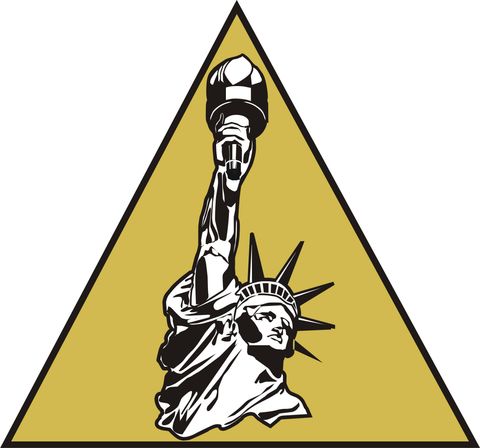
Tri Liberty Escrow
Escrow-101-what-to-expect-after-your-escrow-closes
Escrow 101: What to Expect After Your Escrow Closes
The escrow closing is an important event in the lives of all the parties. If you are the Seller, you have your proceeds check and are on your way to another home, perhaps in a far away destination. If you are the Buyer, you have the keys to your new home and are busy with the many details of moving. But did you know that there are several post-closing activities which may need your attention? Check these lists for information which may concern you.
If you are a Seller, here are some items to consider:
- Be sure to properly store the documents from your escrow transaction, especially the final closing statement. This document contains important information which you will need for preparation of your tax return.
- If you carried a Purchase Money Note, you can expect to receive the original recorded Deed of Trust from the County Recorder. The original Note and the Deed of Trust should be retained in a safe place until the loan is paid in full.
- Did your escrow require that funds be held after closing? These funds will be disbursed as soon as the requirements of that hold are satisfied. Contact your Escrow Officer if you do not receive a check in a timely manner.
- If you paid off existing loans or other liens, you may receive documents which confirm these payments. Keep these in a safe place in case they are needed for future reference.
If you are a Buyer, here are some items to consider:
- You will receive your Policy of Title Insurance by mail directly from the title insurance company. This important document gives you the assurance that your property is vested in your name and that it is free of any defects or liens (except those approved by you). Contact your Escrow Officer if you do not receive this document within 90 days following your closing date.
- Retain your final closing statement in a secure place. You may need it for tax preparation purposes.
- You will receive the original recorded Grant Deed by mail directly from the County Recorder.
- If you obtained new financing, you should receive payment information from your Lender. Contact the lender if you do not receive any communication before your first payment is due.
- If the Seller carried a Purchase Money Note, the Seller will provide you with a mailing address for your payments. Typically, the first payment is due 30 days from close of escrow, but there are exceptions to this. Check your copy of the Note for the exact date.
- If your property is affected by a Homeowners Association, you should receive payment information from the management company in the weeks following the close of escrow. Call the management company if you do not receive notification from the association.
- You may receive one or more Supplemental Property Tax bills after close of escrow. Your Escrow Officer can answer questions about bills which were reported during the escrow period. Contact the Tax Assessor’s Office for questions about other bills you may receive. If your loan has an impound account, notify your lender if you receive any supplemental tax bills.
Reminders for both Seller and Buyer:
- Real property tax bills are mailed in late October of each year. Sellers who receive the bill after escrow closes can be helpful if they forward the bill to the Buyer. As a Buyer, if you do not receive the original bill, a copy can be obtained from the Tax Assessor’s Office. Remember the first installment must be paid by December 10 and the second installment must be paid by April 10. If you need a copy of the tax bill, contact the Assessor early to avoid late penalties on your tax payments.
- If you have not already done so, provide your Escrow Officer with your correct post-closing mailing address. This will assist the Escrow Officer in forwarding documents or communicating with you after the escrow has closed.
Escrow 101
- Escrow 101: What is Escrow?
- Escrow 101: Managing Homeowners’ Association Documents
- Escrow 101: Financing Basics
- Escrow 101: Opening Escrow
- Escrow 101: The Buyer’s Opening Document Package
- Escrow 101: The Seller’s Opening Document Package
- Escrow 101: Understanding the Seller’s Property Information Form
- Escrow 101: Full Disclosure
- Escrow 101: Preparing for Closing
- Escrow 101: The Escrow Closes
- Escrow 101: What to Expect After Your Escrow Closes
More Tips
- Vesting Descriptions
- Understanding Supplemental Property Taxes
- Managing Existing Loan Payments During Escrow
- What is a Home Warranty Policy?
- What is a Homeowner’s Exemption?
- Homeowner’s Guide to Proposition 60
- Understanding Recurring and Non-recurring Closing Costs
- Reconveyance of the Deed of Trust
- Structural Pest Control Q&A
- Understanding Your Hazard Insurance
- A Message for Senior Homeowners
- Understanding Property Tax Prorations
- A Buyer’s Guide to Depositing Closing Funds
- A Buyer’s Guide to Understanding Title Insurance
- A Message for Sellers About “Carry-Back” Financing
- How to Prepare for the Loan Document Signing Appointment
- A Tip for Sellers: Wire Transfer Guidelines
- Short Sale Transactions: A Primer for Realtors and Sellers
- Buyer’s Guide to Understanding the REO Transaction